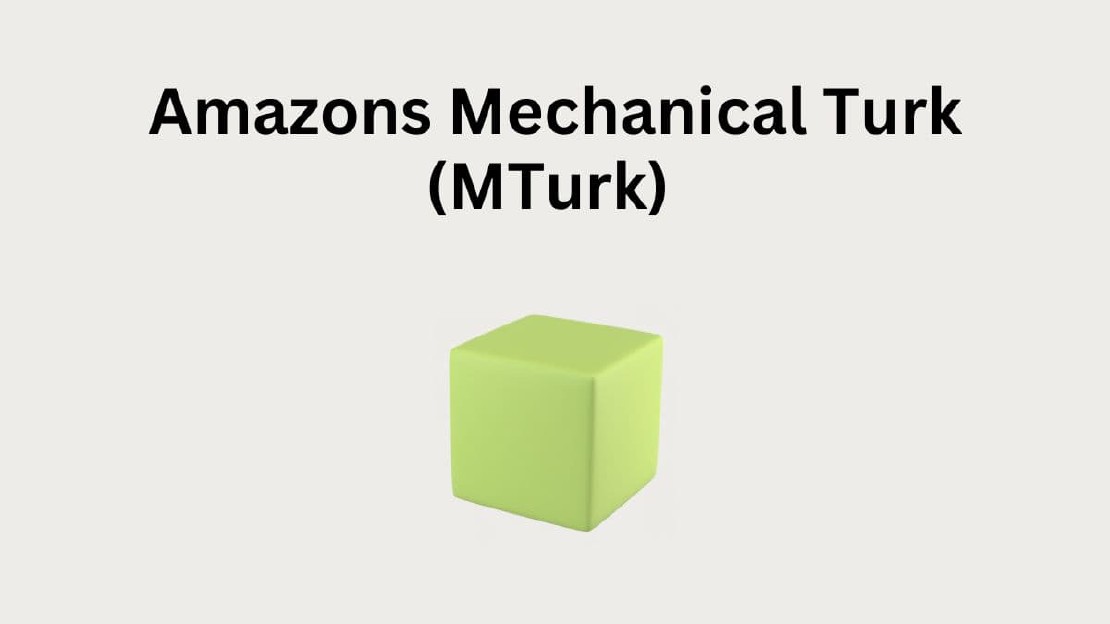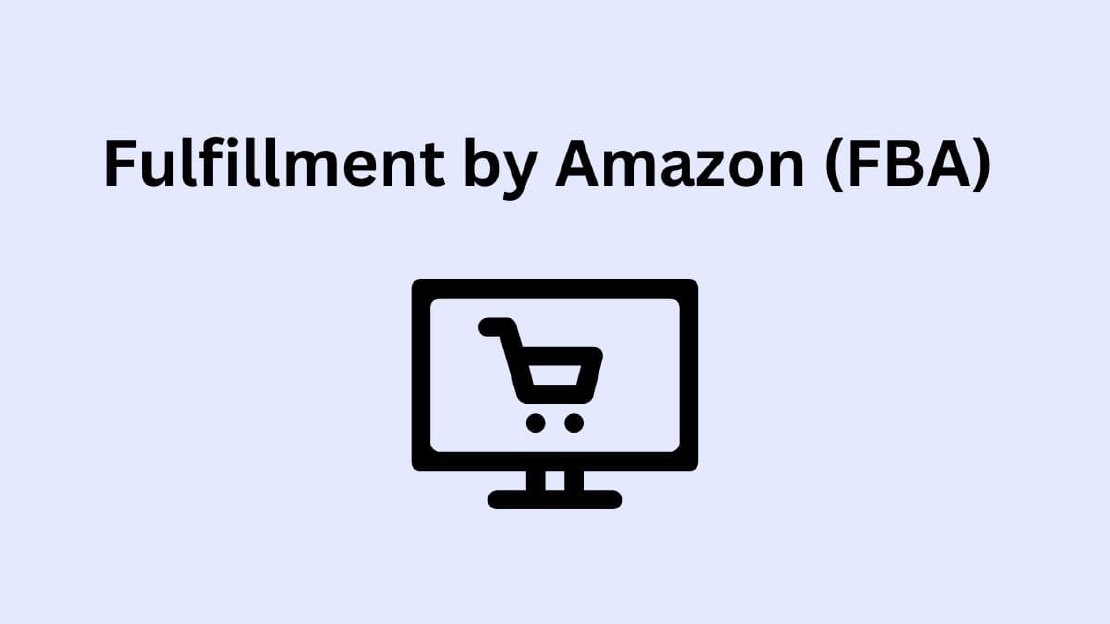Top 20 Blog Platforms
Find the best blog platforms is like laying the foundation for a dream home; it sets the tone for everything you’ll create. The perfect blog hosting service isn’t just about features it’s about giving you the freedom to express your vision while providing the tools to grow and thrive.
The choice of hosting service has a direct impact on the success of a blog. It affects the ease of setup, customization options, SEO optimization capabilities, and long-term growth potential. Some platforms are beginner-friendly, while others offer advanced tools for experienced bloggers looking to scale. A blogger’s goals—whether aiming for personal satisfaction or becoming a rich blogger through blog monetization—will influence their choice.
Best Blog Platforms
There are several websites to host your blog. However, finding the best blog platforms to host your site is essential. Thereform before you start your blog identify the right bloghost to turn your vision into reality. Start by identifying your goals. Are you looking to share personal stories, build a professional brand, or create a monetized blog? Knowing your purpose will help you prioritize features like customization, ease of use, or scalability.
Consider your technical skills. Operating systems like WordPress.org offer flexibility but require some know-how, while options like Wix or Squarespace provide user-friendly, drag-and-drop functionality. Think about your budget. Free platforms like Blogger are great for beginners, but premium options often come with advanced tools for growth.
Finally, explore design options and integrations. A content management system with appealing templates and support for plugins or SEO tools can make all the difference. Take your time, evaluate your needs, and choose a content management system that aligns with your vision for success.
1. WordPress.org
Widely regarded as the most flexible option, WordPress.org dominates the blogging space. As a self-hosted solution, it offers nearly limitless control, allowing users to tailor their sites to specific needs. Its open-source nature makes it ideal for individuals looking to scale or for businesses wanting a robust platform to manage content, e-commerce, or community engagement. However, it requires web hosting and some technical skills, making it best suited for experienced bloggers or those looking to grow quickly.
2. Wix.com
Wix is ideal for beginners due to its intuitive drag-and-drop editor. It allows non-technical users to design professional-looking sites without coding knowledge. This software company offers a variety of templates and media integration, making it perfect for those who want a visually appealing site. Though it offers built-in SEO tools, it may not be the best for individuals looking to heavily customize or scale their content-heavy sites, as it lacks the flexibility found in open-source systems.
3. Squarespace.com
This choice is renowned for its beautiful, design-oriented templates, making it particularly appealing for creatives like photographers and artists. Squarespace allows users to create visually impressive sites with ease. Alongside its design features, it includes tools for analytics, SEO, and e-commerce, which make it a good choice for bloggers interested in selling products or offering services. However, Squarespace’s limited customization may deter those wanting more control over their site’s back-end.
4. Blogger.com
Blogger, one of the oldest services in the industry, remains popular due to its simplicity and association with Google. It is an ideal option for hobbyists and new writers who want to get their content online quickly without investing time or money in setup. With its integration with Google AdSense, monetization becomes easier, though the platform’s lack of modern design and limited customization options may not appeal to professionals aiming to scale their work.
5. Medium.com
If you are focused on writing rather than design, check out Medium. It emphasizes simplicity, providing an uncluttered interface where users can focus on creating and publishing. Medium also offers a built-in audience, allowing posts to gain traction through its internal network of readers. While ideal for writers, the platform offers limited control over layout, monetization, and branding, making it less appealing for those who want to build a distinct presence outside the Medium ecosystem.
6. Weebly.com
Similar to Wix, Weebly offers a simple, user-friendly platform with drag-and-drop capabilities, but it differentiates itself by integrating more e-commerce features. Weebly is ideal for users who want to combine blogging with selling products. However, while its tools are sufficient for smaller sites, it doesn’t provide the depth or scalability needed for more complex projects, making it more suitable for smaller businesses or casual users.
7. Ghost.com
Ghost was designed with professional writers and publishers in mind. It offers a clean, distraction-free interface and focuses on performance and speed. Ghost is lightweight and ideal for users who want a platform dedicated to content creation, without the bells and whistles of more complex systems. While it includes built-in SEO and monetization tools, its minimalistic nature limits the customization options available, which may not suit all needs.
8. Tumblr.com
For those who love social sharing and multimedia content, Tumblr is a great option. Its microblogging format encourages short posts, images, videos, and other multimedia content. Users can quickly engage with a community through likes, shares, and comments. However, its simplicity may limit bloggers who want more control over long-form content or website design.
9. Typepad.com
Typepad is a paid blogging service that has been around for over a decade. Owned by Endurance International Group this platform caters to professional writers and businesses. Its ease of use and customer support make it a solid choice for those who want a low-maintenance blog with some advanced features. Though it offers more customization than free platforms like Blogger, it lacks the full control and flexibility of open-source systems such as WordPress.org.
10. Joomla.org
For users who are comfortable with a steeper learning curve, Joomla offers an advanced CMS similar to WordPress.org. It is highly customizable and scalable, making it a good fit for businesses or developers who want more control over their sites. Joomla has a large community and numerous extensions, though it is less beginner-friendly and may require more technical expertise to set up and manage effectively.
11. Drupal.org
Drupal is another open-source CMS designed for advanced users. It offers a high level of control and is suited for large, complex websites. Like Joomla, it has a steep learning curve, and requires significant technical know-how, but it excels in flexibility and scalability. It’s perfect for organizations with larger needs, though it may be overkill for smaller, personal blogs.
12. HubSpot CMS
HubSpot CMS is built with marketers in mind, offering an integrated system that combines blogging, lead generation, and CRM tools. It is ideal for businesses that use content marketing to drive sales and leads. Though it offers great features for inbound marketing, HubSpot CMS can be costly, making it less suitable for personal bloggers or small businesses operating on a tight budget.
13. Gator.com
Gator by HostGator is a relatively new, simple website builder aimed at beginners. It includes hosting, making it an all-in-one solution for new bloggers. While it’s great for first-time users who want an easy and affordable way to launch their site, its features are more basic compared to larger, more customizable platforms.
14. Webflow.com
For those who want to design highly customized websites without knowing how to code, Webflow is an excellent option. It combines visual design tools with CMS functionality, making it a favorite among designers. While it offers great flexibility in design, Webflow may be over-complicated for users who are looking to simply start a basic blog.
15. WordPress.com
WordPress.com offers a more managed experience compared to its self-hosted counterpart, WordPress.org. It’s great for bloggers who want the power of WordPress without managing their own hosting. However, it is less flexible, and certain features are only available on the paid plans, limiting its use for those who need extensive customization.
16. Shopify.com
Shopify is primarily an e-commerce platform, but its blogging tools make it an appealing choice for online stores that want to boost their content marketing. While it’s highly effective for integrating a blog with an online store, it’s not the best option for individuals who are solely focused on publishing content without selling products.
17. Gatsby.com
Gatsby is a static site generator that is favored by developers who prioritize performance and speed. Its use of modern web technologies, such as React, makes it ideal for tech-savvy bloggers who want lightning-fast load times. However, due to its complexity, it is not a good option for those unfamiliar with development.
18. Jekyll.com
Jekyll is another static site generator, perfect for users who want simplicity and speed. It is popular among developers who want to create a fast, lightweight blog without the need for a complex CMS. While Jekyll offers excellent performance, it is not beginner-friendly, requiring some coding knowledge to set up.
19. Zyro.com
Zyro is an affordable, beginner-friendly website builder that is gaining traction for its simplicity. It offers easy-to-use tools that make setting up a blog quick and painless. Though it’s a great choice for new bloggers, it lacks the depth and customization that advanced users may require.
20. Strikingly.com
Strikingly is a platform focused on creating one-page websites. It’s ideal for those who want a simple, no-fuss solution, such as landing pages or basic portfolios. While it’s limited in terms of scalability, it’s perfect for users who need a fast, streamlined site with minimal setup.
Final Thoughts
Selecting the best environment for your blog depends on your individual needs, goals, and experience level. Beginners might gravitate towards Wix or Blogger, while those looking for long-term growth and monetization opportunities often opt for WordPress.org or Squarespace. Each outlet offers unique strengths in content creation, SEO, and monetization potential.
Ultimately, by choosing a suitable blog platform you can simplify process of launching, growing, and profiting from a blog more straightforward. Whether your goal is to make a blog for personal satisfaction or to join the ranks of top earning bloggers, choosing the right platform to create content is the foundation of your success.
Recent Posts

- Blogging
How to Start a Blog
In a world driven by digital transformation, starting a blog stands as one of the most influential ways to share knowledge, voice opinions, and build an online …

- Work From Home
Amazons Mechanical Turk Monetization Tips
Looking for flexible online income? These Amazons Mechanical Turk monetization tips will help you turn small tasks into real earnings. If traditional remote …

- Work From Home
Fulfillment by Amazon Complete Guide
Launching and scaling an online store can feel overwhelming. Managing inventory, shipping products, handling returns—each task demands significant time and …
